
In our journey of faith, we often encounter pivotal moments that shape our understanding of Christianity. This blog delves into the three essential circles that summarize the essence of our faith: revelation of the truth, acceptance of the truth, and confession of the truth. Together, these elements form the foundation of a meaningful Christian life.
Table of Contents
- Introduction to the Three Circles
- The Power of Confession
- Receiving Salvation and Healing
- The Cycle of Revelation, Acceptance, and Confession
- Looking Forward to Rapture
- The Impact of Continuous Revelation
- Conclusion and Call to Action
Introduction to the Three Circles
The concept of the Three Circles is fundamental to understanding Christianity. These circles represent revelation, acceptance, and confession, which are critical elements in the life of a believer. Each circle builds upon the previous one, creating a cohesive framework for spiritual growth. This framework is essential not just for newcomers but for anyone seeking to deepen their faith.
The First Circle: Revelation
Revelation is the initial step in our relationship with Christ. It is about understanding the truth of who Jesus is. John 14:6 tells us that Jesus is the truth, the way, and the life. This understanding is crucial for anyone who wishes to receive eternal life. Without this revelation, we cannot approach God.
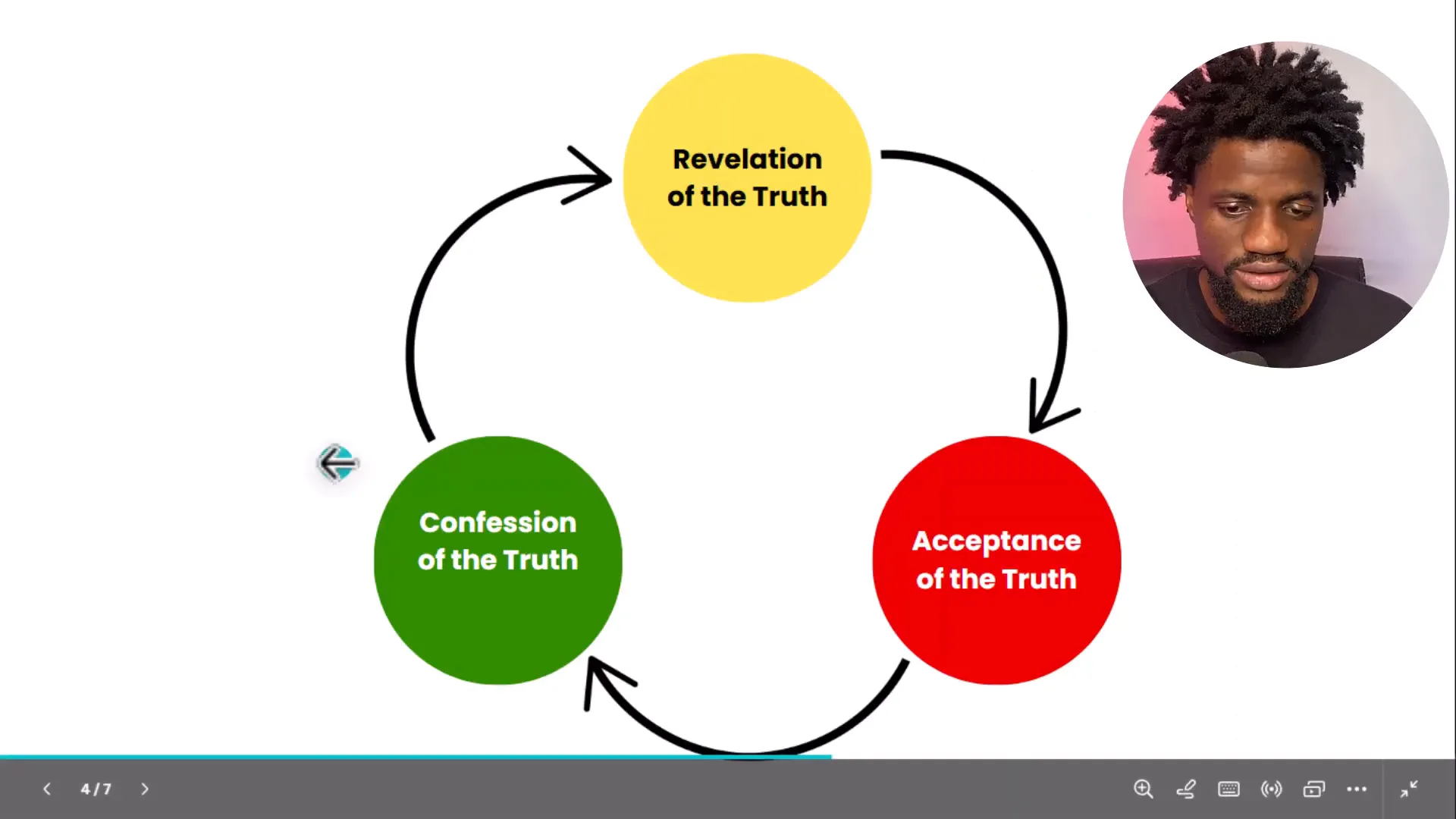
The Importance of Revelation
Revelation serves as the foundation for all Christian experiences. When you understand who Jesus is, you begin to grasp the essence of your faith. This includes recognizing His sacrifice—He died for our sins, was buried, and rose again. This revelation is not merely intellectual; it must resonate in your heart.
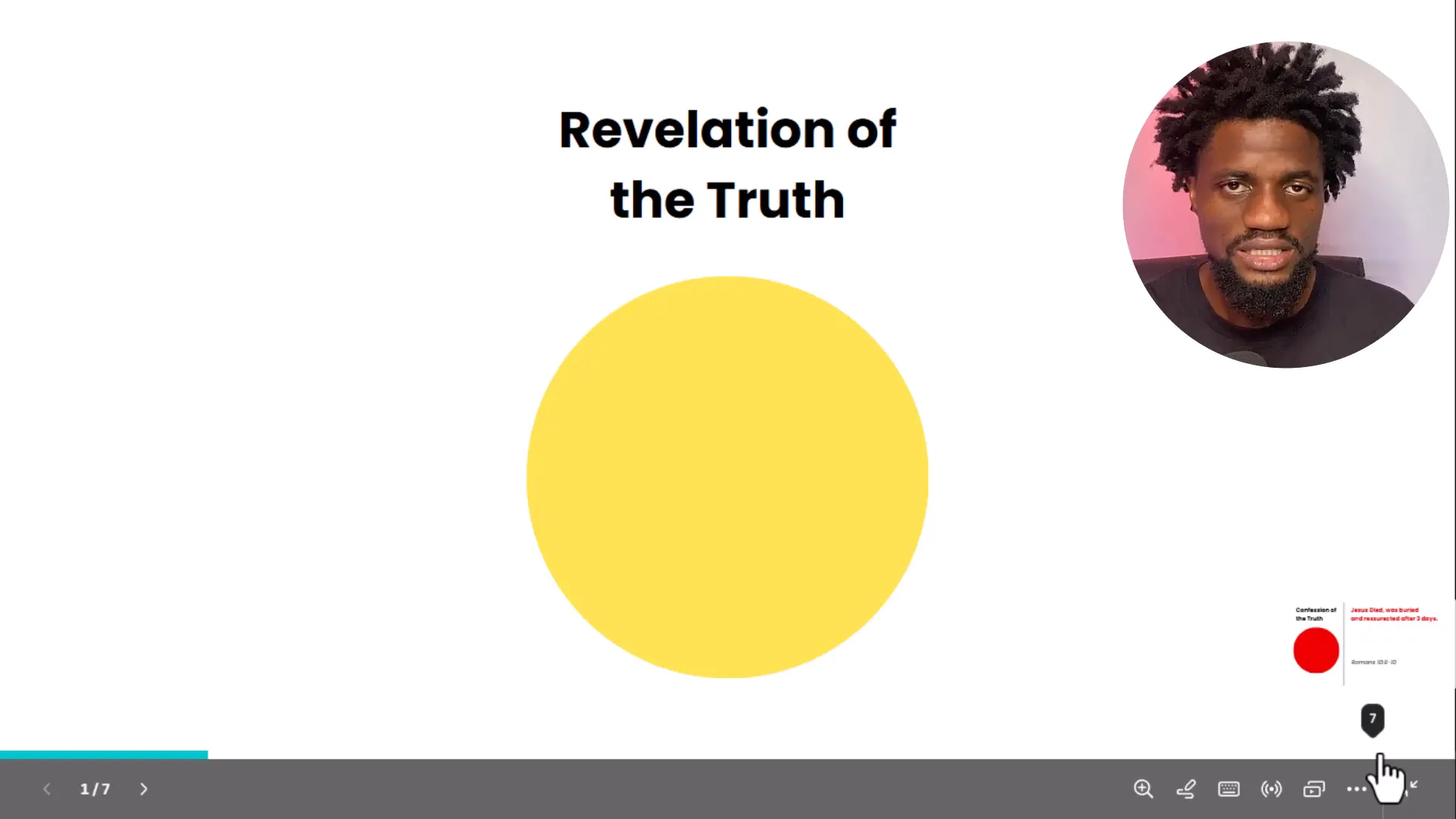
Understanding Who Jesus Is
To truly accept the truth, one must first understand who Jesus is. He is not just a historical figure; He is God incarnate. His existence predates His time on Earth. The scriptures affirm that in the beginning was the Word, and the Word was God. This means that everything written in the Bible, inspired by Him, is truth.
Healing Through Revelation
When it comes to healing, revelation plays a pivotal role. To experience healing, one must first understand what the Word of God says about it. The Bible provides numerous scriptures that affirm God’s will for our health. Realizing this truth is the first step toward receiving healing.
Finances and the Truth of Abundance
The same principle applies to our finances. The truth about abundance must be revealed to us. The Word states that we are the seed of Abraham, and this truth must be accepted. Understanding that we are heirs to God’s promises opens the door to financial blessings.
Acceptance of the Truth
Once revelation occurs, the next step is acceptance. You can choose to accept or reject the truth presented to you. John 8:32 tells us that knowing the truth will set you free. But for that to happen, the truth must take hold of you. Acceptance is an active choice; it requires your willingness to embrace what has been revealed.
The Role of Faith in Acceptance
Faith is integral to acceptance. It requires you to trust in what has been revealed. The Israelites received the Word but did not mix it with faith, which hindered their acceptance. Our faith is essentially our response to God’s grace, allowing us to accept the truth He has given us.
Living Out the Acceptance
Accepting the truth must translate into action. If you believe you are healed, you will act like it. Your actions should align with what you have accepted in your heart. This principle applies to every area of life, including your finances, health, and spiritual walk.
Confession: The Final Circle
The final circle is confession, which goes beyond mere words. It involves expressing and demonstrating what you believe. Romans 10:9-10 emphasizes that confession is a necessary step toward salvation. Your confession should reflect your acceptance of the truth.
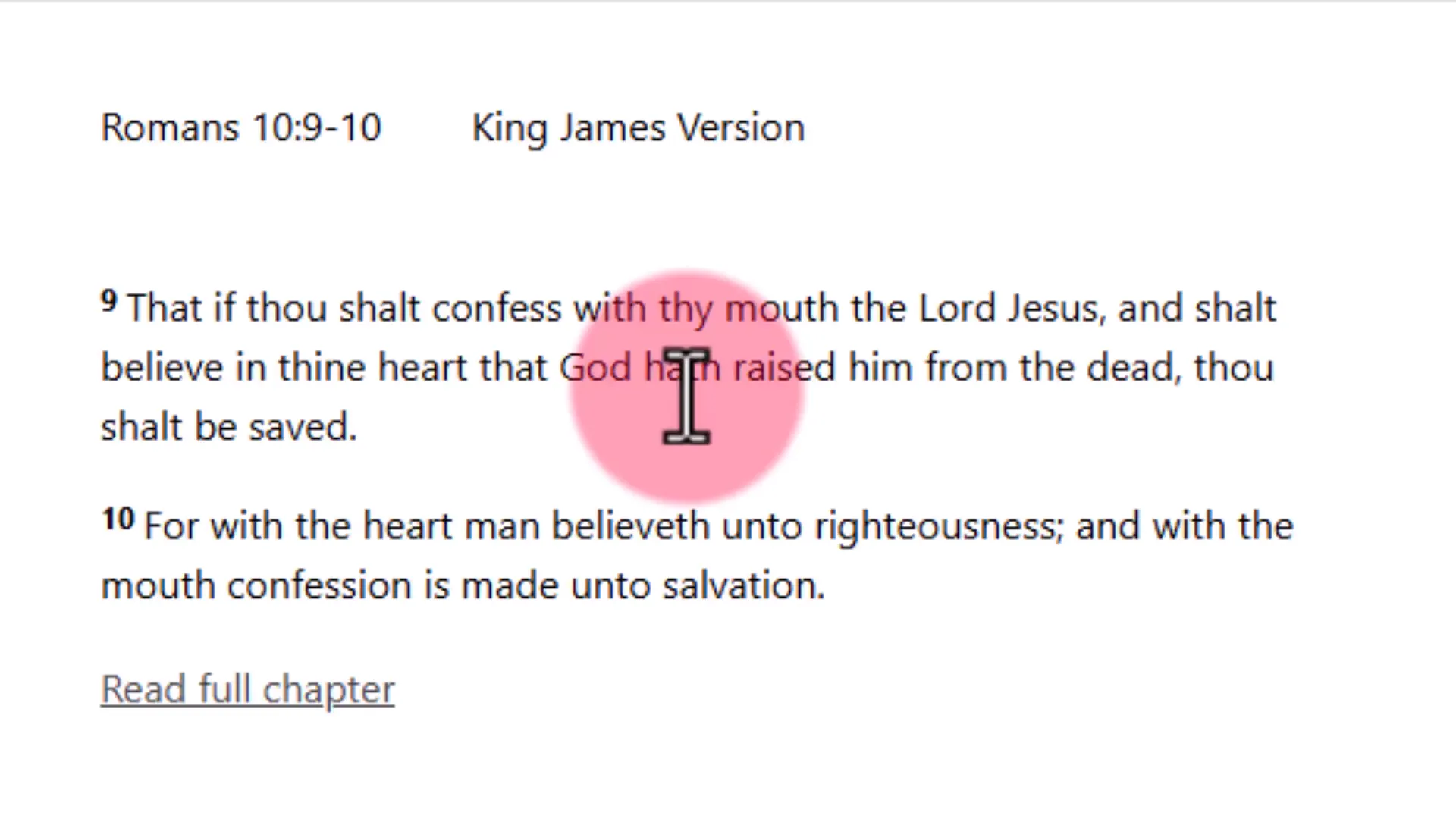
Acting on Your Confession
Your confession must be evident in your actions. If you believe you are rich in Christ, you will act accordingly. This includes giving, serving, and living generously. Confession is not just verbal; it is a lifestyle that reflects your faith.
The Cycle of the Three Circles
The Three Circles—revelation, acceptance, and confession—are not just a one-time process. They are cyclical and ongoing. As you grow in your faith, you will continually experience this cycle in various aspects of your life. Each new revelation leads to deeper acceptance and more profound confession.
The Power of Confession
Confession is a powerful act that goes beyond mere words. It signifies our acknowledgment of the truths we have accepted in our hearts. Romans 10:9-10 tells us that if we confess with our mouths and believe in our hearts, we will be saved. This underscores the transformative power of our words.
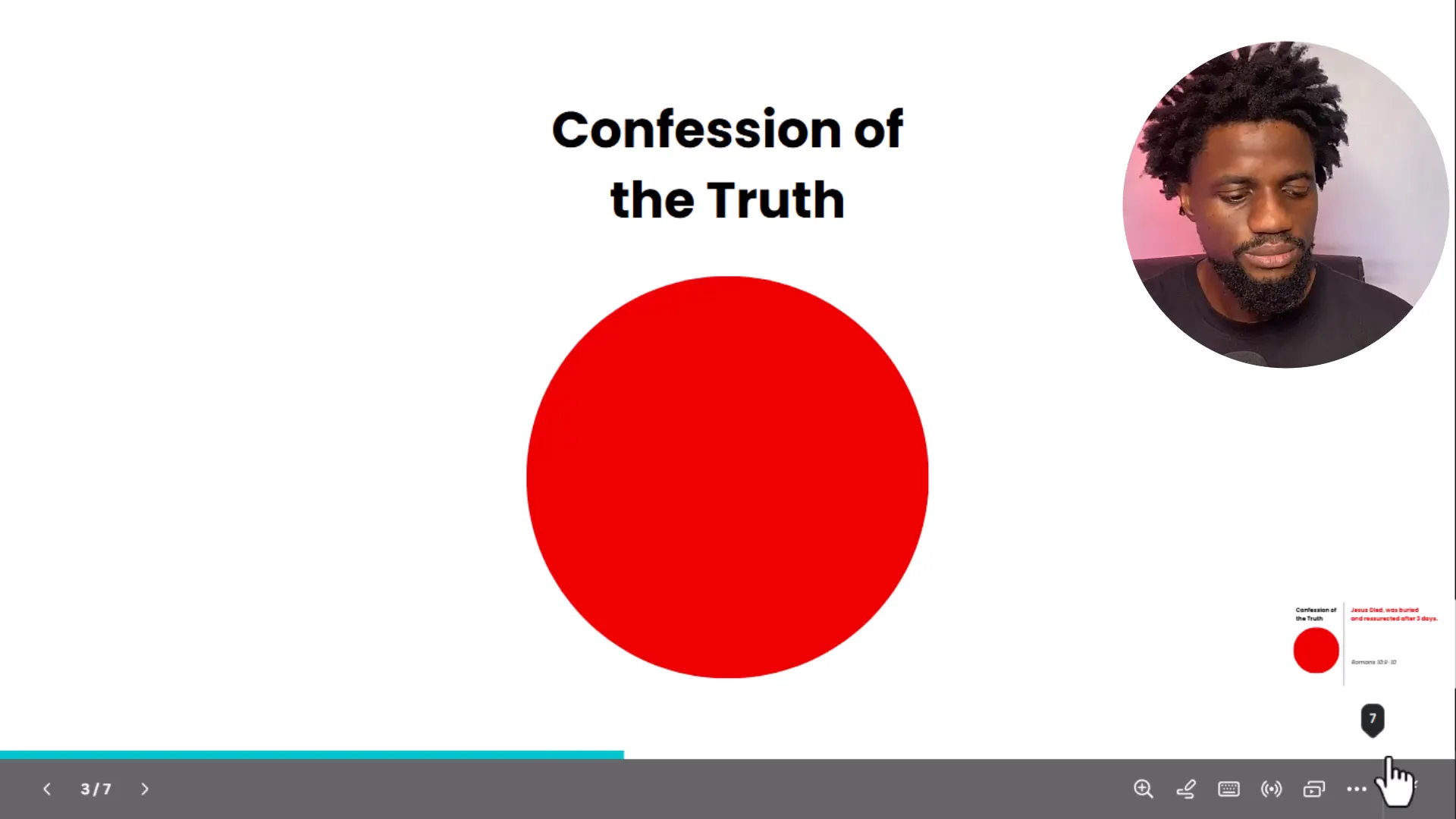
Why Confession Matters
Confession is not just a ritual; it is a key component of our faith journey. It is through confession that we publicly declare our beliefs and align our lives with the truths we’ve accepted. This act of declaring our faith solidifies our commitment to living out what we profess.

Confession as a Lifestyle
Living out our confession means that our actions reflect our beliefs. If we truly believe we are healed, prosperous, and favored, our lives should exhibit these truths. This consistency between belief and action is what authenticates our faith.
Receiving Salvation and Healing
The journey of faith culminates in receiving salvation and healing. Both are gifts that come from understanding and accepting the truth. Salvation is not merely a one-time event; it is a continual process of embracing God’s grace and mercy in our lives.
The Path to Healing
Just like salvation, healing requires faith and confession. The Word of God is filled with promises regarding our health. When we confess these promises, we activate our faith and position ourselves to receive healing. It is essential to recognize that healing is part of our inheritance as children of God.
Salvation and Daily Life
Salvation is not just about the afterlife; it affects our daily lives. It transforms how we think, act, and interact with others. When we live in the light of our salvation, we become ambassadors of Christ, demonstrating His love and grace to the world.
The Cycle of Revelation, Acceptance, and Confession
This cycle is foundational to our Christian walk. It begins with revelation, where God reveals His truth to us. We then move into acceptance, actively choosing to embrace that truth. Finally, confession solidifies our beliefs, allowing us to live out what we have accepted.
Revelation Fuels Acceptance
Each revelation from God invites us to a deeper level of acceptance. As we grasp the truth of His Word, our faith grows stronger, enabling us to accept more of what He has for us. This acceptance opens doors to new experiences and blessings in our lives.
Confession Reinforces Faith
Our confession acts as a reinforcement of our faith. The more we confess what we believe, the more entrenched those beliefs become in our hearts. This cycle continues to build upon itself, leading to greater spiritual maturity and understanding.
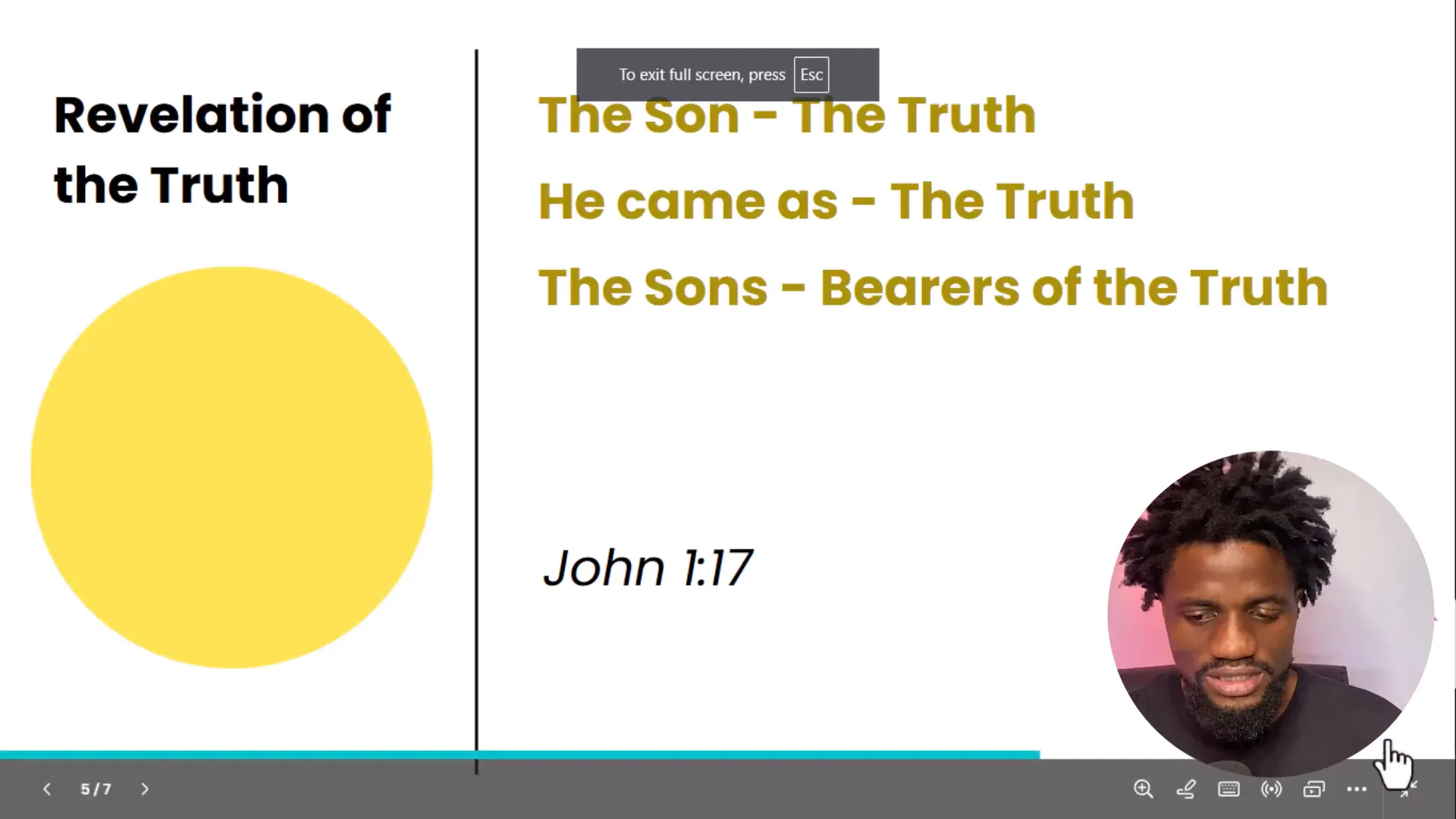
Looking Forward to Rapture
As believers, we are called to look forward to the rapture with hope and anticipation. This expectation shapes our daily lives and decisions. The promise of being united with Christ should motivate us to live righteously and purposefully.
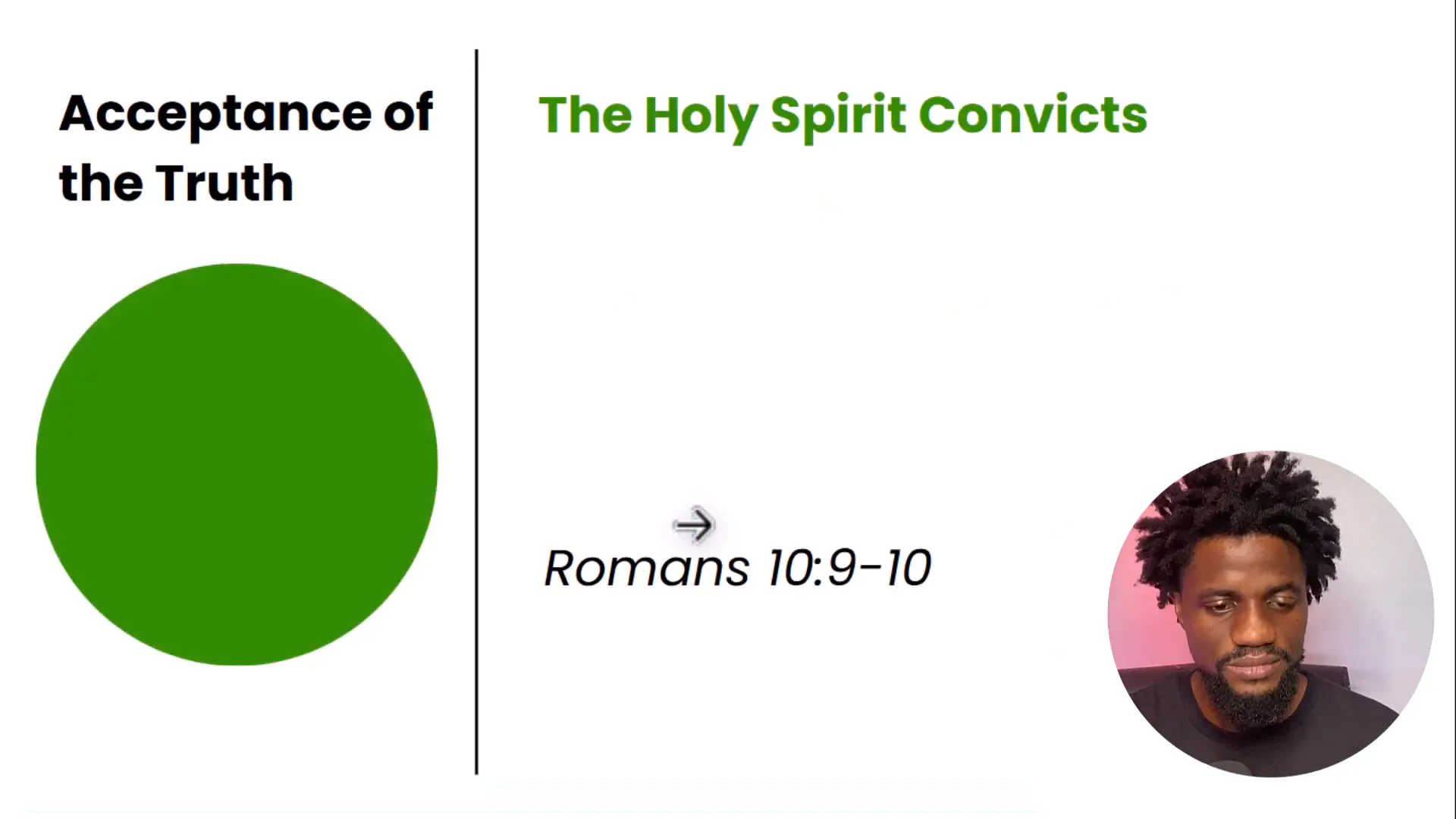
The Importance of Being Prepared
Preparation for the rapture involves living in alignment with God’s Word. It means being vigilant and ready for His return. This readiness reflects our acceptance of His promises and our commitment to living out our confession daily.
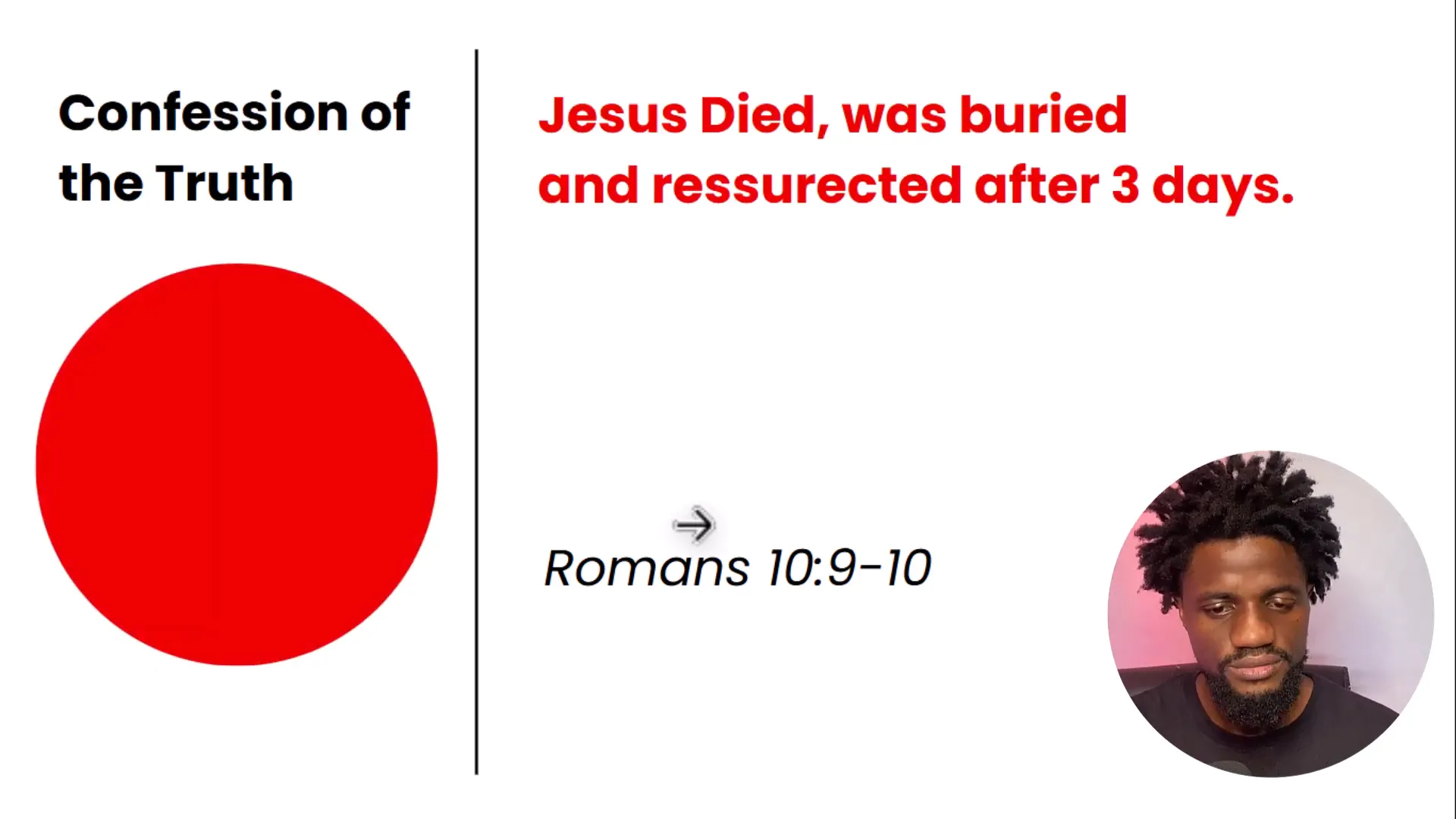
Living with Eternal Perspective
When we have an eternal perspective, our priorities shift. We begin to see our temporary struggles in light of eternity. This perspective allows us to endure challenges with grace, knowing that our ultimate reward is in heaven.
The Impact of Continuous Revelation
Continuous revelation is vital for spiritual growth. As we seek God, He continually unveils new truths, allowing us to deepen our understanding of Him. This ongoing process keeps our faith vibrant and alive.
Staying Open to God’s Voice
Being receptive to God’s voice is key in this journey. It requires intentionality in prayer, study, and reflection. The more we engage with God, the more we can expect fresh revelations that will guide our lives.
The Transformation of Our Lives
As we embrace continuous revelation, our lives are transformed. We become more Christ-like in our actions, thoughts, and interactions. This transformation is a testimony to those around us, drawing them closer to God.
Conclusion and Call to Action
The journey through revelation, acceptance, and confession is essential in our Christian walk. Each step builds upon the last, leading us to a deeper relationship with Christ. I encourage you to actively engage in this process, allowing God to reveal His truths to you.
Take time to reflect on what God is speaking to you. Accept His truths and let your confession align with your beliefs. As you do this, expect to see transformation in your life and the lives of those around you.
Let us move forward together in faith, fully embracing the power of revelation, acceptance, and confession. Your journey is unique, and God has incredible plans for you. Embrace them with open arms!